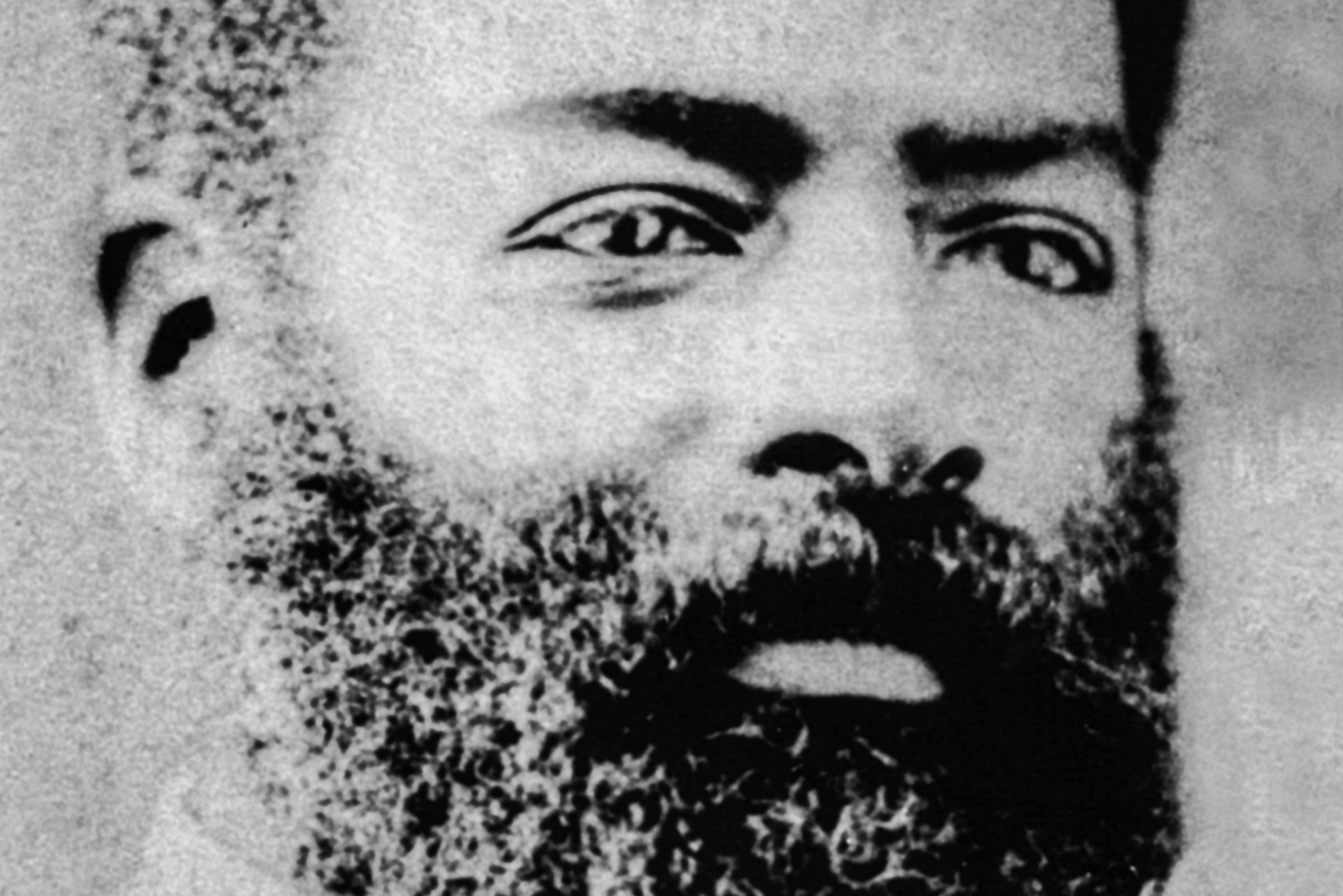June 21 last year marked the 191th anniversary of the birth of Luis Gama, the greatest lawyer in Brazilian history. Louis Gama he was born on June 21, 1830 in the city of Salvador, state of Bahia.
According to a constant message in a letter to Lucio de Mendonce, his mother was a free African woman named Louise Mahin, who was actively involved in the “slave uprisings”. In the same letter, Luis Gama reports that at the age of ten he was sold by his own father to a merchant and smuggler named Antonio Pereira Cardoso.
At the age of 17, he learned to read with a law student, Antonio Rodrigues do Prado, who at the time was living in the house of the merchant who enslaved him. The next year he escapes captivity, having received, in his own words, “skillfully and secretly” “irrefutable proof of his freedom.”
In Sao Paulo, he became assistant adviser to Furtado de Mendonça, chief of police and professor at the Largo School of Law in San Francisco. With adviser Furtado, Luis Gama began in the world of law. His activities as a journalist and romantic poet are notable. In 1859 he published his book of poetry, Primeiras Trovas Burlescas, and in 1864 he founded Diabo Coxo, the first illustrated newspaper in São Paulo.
During this period, Luis Gama devoted himself to the legal defense of the slaves who sought him in order to gain recognition of their freedom, an activity that mobilized him until his death in 1882.
He was named a “tenured lawyer” after being granted judicial authorization to practice as a lawyer, as he was unable to obtain a law degree due to the circumstances of his life.
It was in this state that he became a great and respected jurist, leading legal cases that culminated in the liberation of hundreds of enslaved people. For Professor Luis Felipe de Alencastro, Luis Gama can also be considered a hero of the African diaspora, as his struggle was fought not only against Brazilian slavery, but also against human trafficking.
In his political actions, he linked the abolitionist struggle with a fierce critical defense of republicanism. “Critical” because he knew that a change in government would not be enough to ensure equality or end racism. The establishment of an oligarchy in the Old Republic will confirm Luis Gama’s fears.
Luis Gama embodied the “humanist” intellectual in the Renaissance sense of the word, an intellectual who has a deep domain in various fields of knowledge, but who remains associated with the most pressing issues of his time.
In recent years, the figure of Luis Gama has become more and more famous. In 2015, on the initiative of Instituto Luiz Gama, the Federal Council of the Brazilian Bar Association and the Faculty of Law of the Universidade Presbiteriana Mackenzie, Luis Gama was recognized as a lawyer and officially registered with the OAB.
In 2017, the USP School of Law named one of its classrooms after Luis Gama, the first time someone who was not a professor at the school was honored. In 2018, a bill by federal deputy Orlando Silva (PC do B-SP) was approved, which declared Luis Gama the patron of the abolition of the death penalty and determined the inclusion of his name in the Book of Heroes of the Motherland.
And on June 29, the University Council of the University of São Paulo, following a petition from the School of Communications and Arts, will vote to award the title of Doctor honoris causa to Luis Gama.
Academic interest in his life and work is also growing. In recent years, following research such as that of Professor Ligi Ferreira Fonseca, Luis Gama has been recognized as an intellectual, author of work pertaining to understanding Brazil and American slavery.
May the life, scriptures and power of Luis Gama guide and inspire hope in these dark times.















